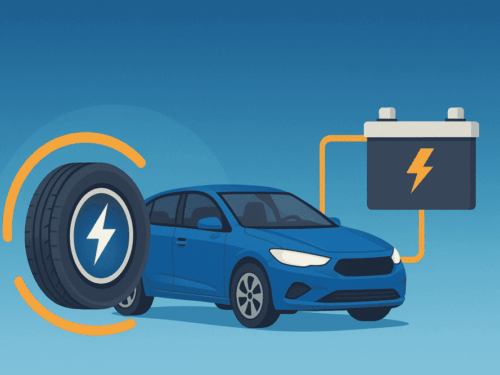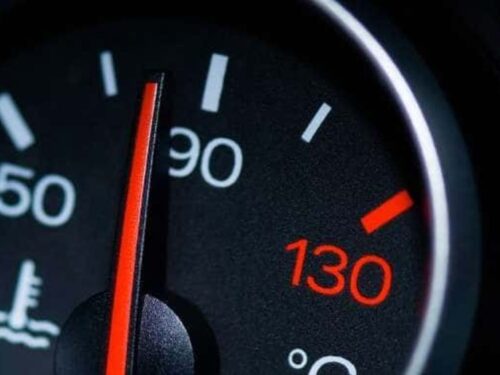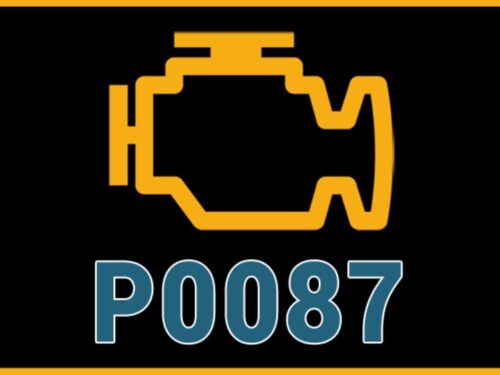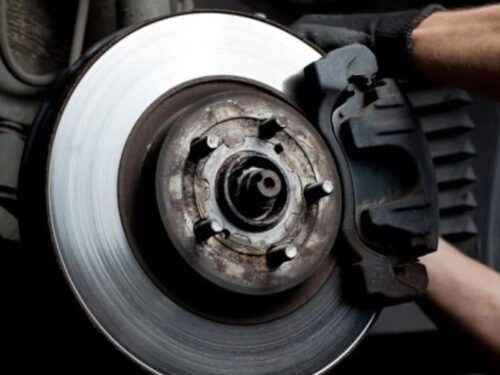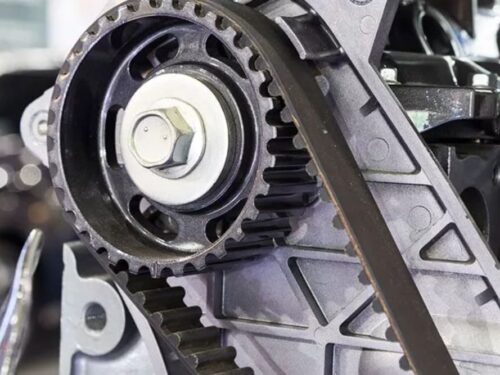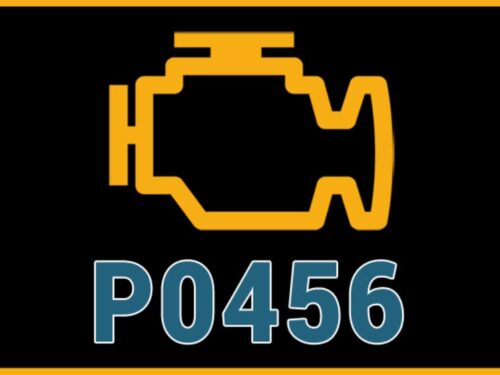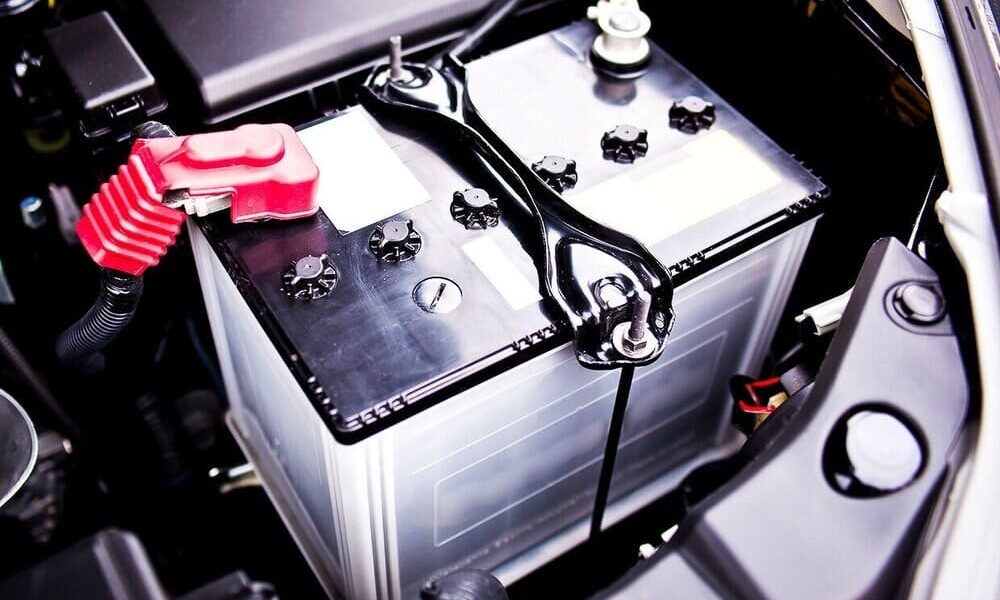
The battery is a critical part of starting and powering a vehicle. It provides the zap of electricity needed to put all the rest of the electrical components to work. However, like other kinds of batteries, they are not made to last forever, and will need to be replaced from time to time. The following are five signs that your car battery needs to be replaced.
WHAT IS A CAR BATTERY?
A car battery is a rechargeable battery that is maintained by the alternator and used to start a vehicle. It provides an electric current to the electric-powered starting motor, which then starts the chemically powered internal combustion engine. It also acts as a surge protector for the car’s computers and provides power for elements like the windshield wipers, stereo, and lights when the engine is off.
The three main components of a vehicle starting system are as follows:
- Battery
- Ignition switch
- Starter relay
- Starter motor
SIGNS YOUR BATTERY NEEDS REPLACING
1. DIFFICULTY STARTING THE IGNITION/TURNING OVER THE ENGINE
One of the most clear-cut signs that your battery might be faulty or wearing out is if you are having trouble getting your car to start. Over time, the components inside a car battery wear out and become less effective. When this happens, it takes the battery longer and longer to receive a charge from the alternator. This means waiting a few more seconds for the engine to turn over. You don’t want to wait for your battery to completely die before replacing it, as you could easily become stranded with a non-starting engine. If you are noticing a slow start or weak start, it is likely your battery is dying. If you are hearing a clicking sound when you try to turn the engine over, your battery is probably already dead. Be sure to take your car to your local mechanic as soon as you notice difficulty starting your engine.
2. DASHBOARD LIGHTS & LIGHTING ISSUES
Keep an eye on your check engine light. If the warning lights on your dashboard are suddenly illuminated, do not ignore them. This often indicates that there is a problem with the battery or one of the vehicle’s computers. It could mean the alternator is no longer returning charge to it, or it could mean the battery has weakened and worn down. Either way, it is important to consult with a mechanic. Even if it is signaling a different issue, they can test the battery and make sure it is working at full capacity and output.
You may also notice dim headlights. If your battery is failing, it will not be able to fully power your car’s electrical components to the extent that it normally can. If your headlights seem unusually dim and weak, especially when starting the engine, it may mean your battery is on the way out. Interior lights may also appear more dim than usual or might start to flicker when the car is idling or starting. Any unusual performance from your car’s lights can be hazardous, so be sure to have your car checked out right away to maintain safe driving conditions.
3. ELECTRICAL MALFUNCTIONS
If your power windows or door locks suddenly don’t seem as responsive as normal, your battery might be weakening. Issues with electric seats and your car’s stereo can also indicate battery issues. The battery powers all of the electrical components in your car – even your phone when your plug it in to charge. If the battery begins to weaken, it won’t be able to power these parts as well as it usually can. Test your electronic components and see if they are all having issues. Any strange occurrences involving electrical components of your car need checking out, so make sure to visit a local auto repair shop right away. You should also consider how many electricity-powered components you use regularly in relation to the last time your battery was replaced. The more electricity you use, the quicker your battery is going to drain.
4. POOR PERFORMANCE IN COLD WEATHER
In general, car batteries do not perform well in the cold. Drivers that live in regions that see snow or other cold weather conditions must be especially mindful of their car battery health during the winter. If it gets cold enough, your battery can actually freeze. Its chemical reactions will start to slow down. Maximum current is demanded from the car battery in cold weather due to slow-moving engine oil. This will quickly drain the life out of a battery as it requires much more power to start the engine. During the winter, if you begin to notice poor performance from your vehicle when starting, your battery may be weakening. According to Jeff Barron of Interstate Batteries Lab, “If it’s going to get cold, you want to get it checked. Drive it to a shop and get it checked, just like you want to check your anti-freeze.” Newer batteries can manage colder weather more efficiently, so it is a good rule of thumb to have your battery replaced by a mechanic ahead of the cold weather season.
5. STRANGE ODOR
If you begin to notice a strange new odor in your car, it could be a telltale sign of a failing battery. A foul smell similar to rotten eggs often indicates that the battery is leaking gas. Batteries contain sulfuric acid that can leak out if the battery becomes damaged. Referred to as outgassing, this sulfuric acid can be very dangerous and damage or corrode other parts of your car, so it must be replaced immediately. If these destructive acids damage other parts of the car, it can be much more costly to repair than it would be to replace the battery. This is not one of the more common indicators, but you should always bring your car in to your local auto maintenance garage if you notice a strange smell of any kind.
Courtesy of hollenshades

